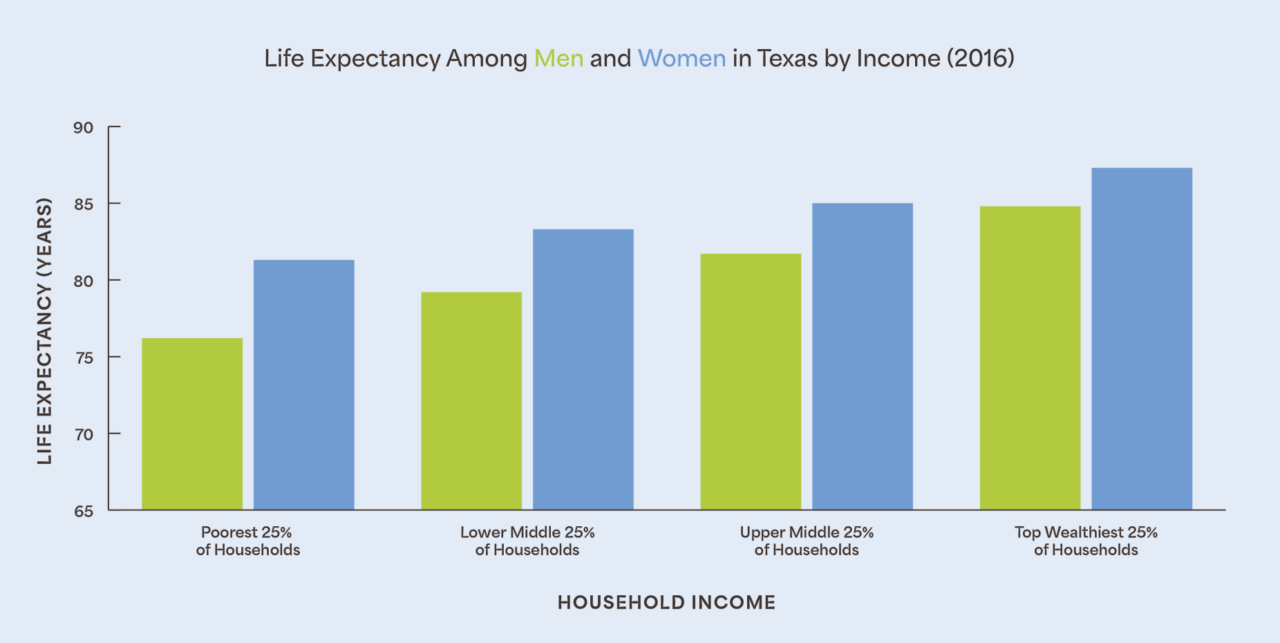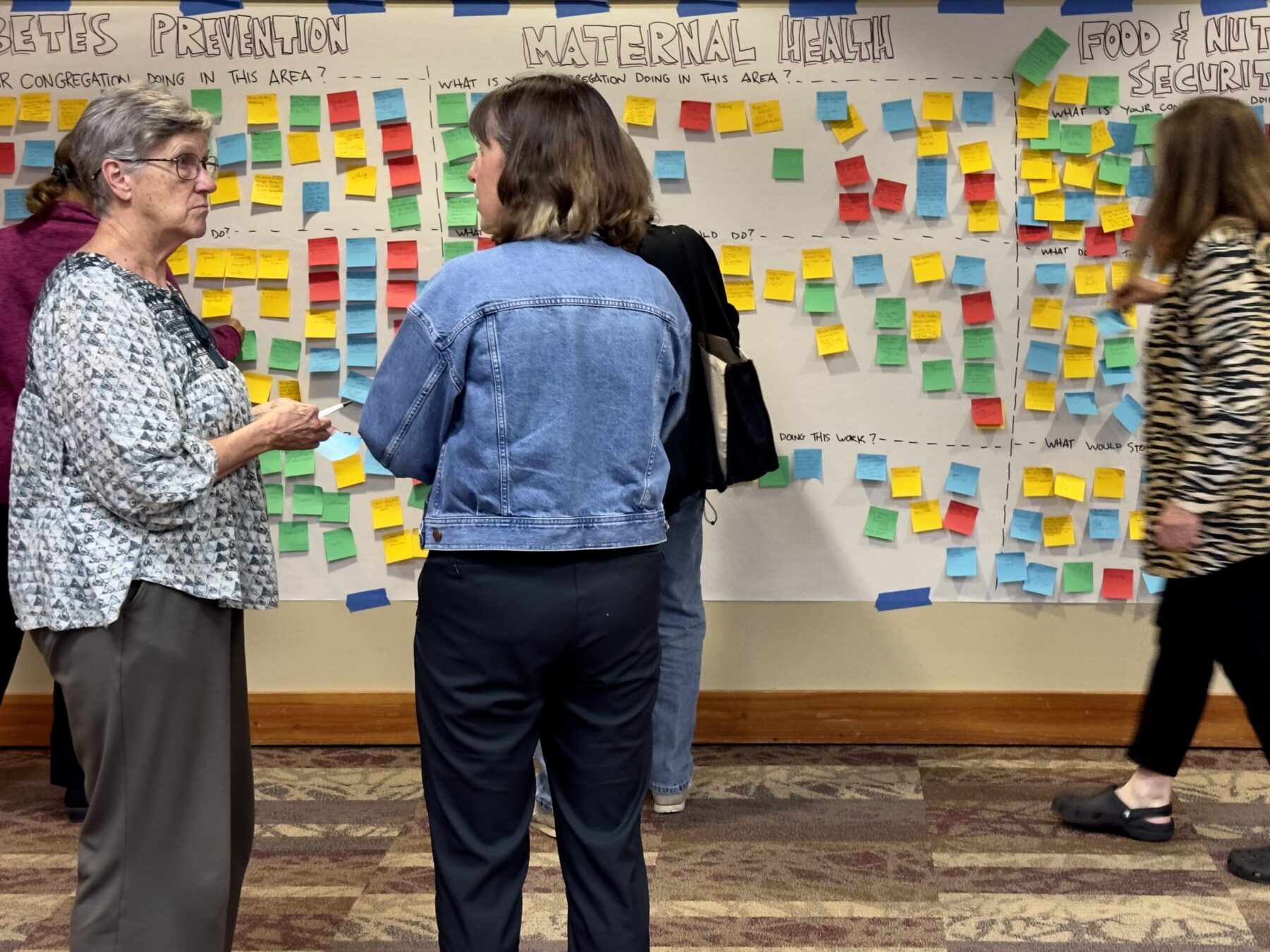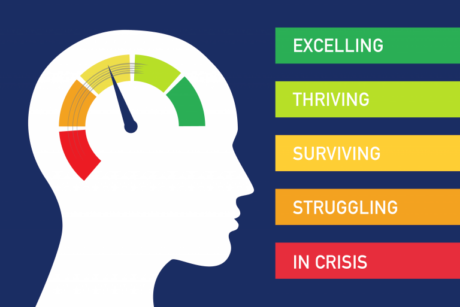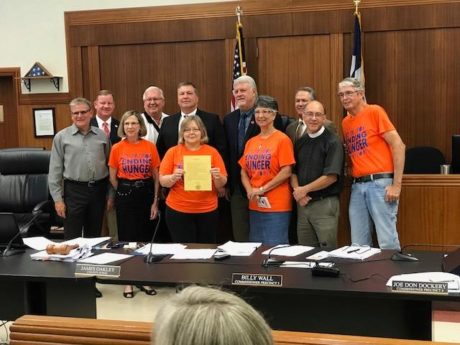EHF's Congregational Engagement poverty initiatives aim to change mindsets on poverty and explore ways to address poverty through a number of avenues, including food insecurity, by connecting congregations with community partners.
Together, congregations alongside partners, are able to improve food security and nutrition, strengthen social networks among diverse groups, and support mental health and wellness in their communities.
Texas ranks 38th nationally in terms of income and wealth, with 17% of people living in poverty. Some of the poorest counties in the country are located within the Diocese, and these rates of poverty affect health outcomes. Poverty leaves many without access to healthy food, and dealing with high levels of chronic stress and other mental health issues. The maps below indicate the poverty level and health outcomes by county. It is notable that in 16 of the 57 counties, more than 20% of the population lives below the federal poverty line.
Life expectancy data reveals a huge gap in health outcomes between the rich and the poor in Texas. On average, the richest men in Texas live 9 years longer than the poorest men, while the richest women in Texas live 6 years longer than the poorest women.

EHF partners with Episcopal congregations to engage communities affected by poverty by supporting their efforts o serve communities and walking alongside those living in poverty. EHF provides support, facilitates peer-to-peer learning, and connects congregations to training programs like Baylor Collaborative on Hunger and Poverty and Bridges Out of Poverty to better understand the impacts of poverty and what actions can be taken.
Support for Deeper Community Partnerships
EHF’s Congregational Engagement team can support your church and their work in supporting those living in low-income communities by:
- Offering trainings like the Bridges out of Poverty workshop that provide a comprehensive approach to understanding the dynamics that cause and maintain poverty and strategies for a community to prevent, reduce, and alleviate poverty
- Bringing together congregations working on poverty and food insecurity to share best practices and ideas
- Connecting congregations with leading researchers and programs working on poverty and food insecurity, such as the Baylor Collaborative.
Stories from the Diocese of Texas
These examples are articles found in our bi-monthly e-newsletter, Congregation Connection, which tell stories of congregations in action, partners with expertise in the area, and general related topics.
Additional Resources
The resources below are agencies and community organizations we have gathered from locally, statewide, and nationally. We currently work alongside these organizations and are familiar with the value of their work.


